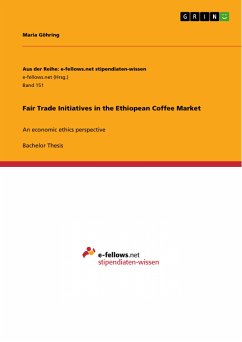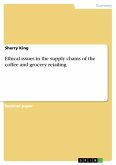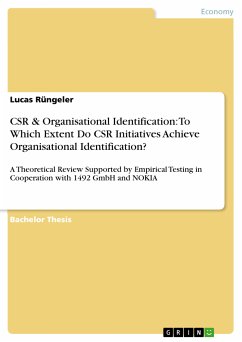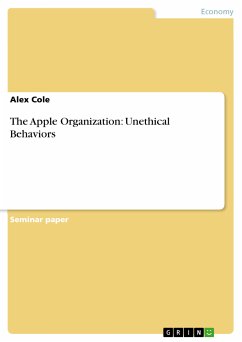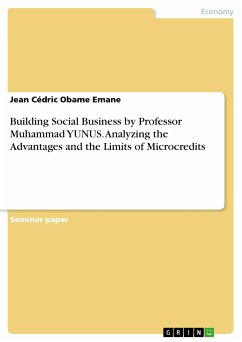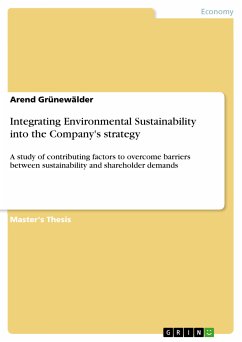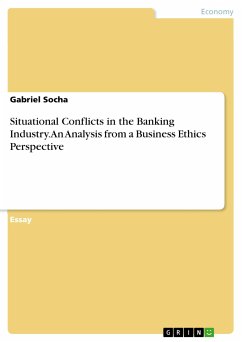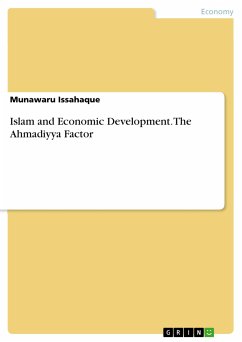Bachelor Thesis from the year 2011 in the subject Business economics - Business Ethics, Corporate Ethics, grade: 1,0, Martin Luther University (Institut für Wirtschaftsethik), language: English, abstract: In public perception, Northern countries accumulate wealth at the costs of Southern countries. Therefore, Fair Trade has been born to abandon the unfairness within the North-South trade relationship due to globalization and to create fair rules for world trade. Coffee is hereby of symbolic character for the global Fair Trade movement and has still the largest share within the Fair Trade market. Furthermore, its origin lies in Ethiopia. Accordingly, it is the largest African coffee producer and still provides the original Arabica coffee bean that shows the greatest genetic pool in the world. Therefore, in the following paper Fair Trade in the Ethiopean coffee market will be analyzed from an economic ethics perspective applying the Ordonomic research approach. This is a rational choice analysis which looks on the interdependency of institutional rules and mind categories within the globalizing context. By using the three-tiered model, answers to three main questions will be given. The first concentrates on which dilemma structures are prevailing in the North-South trade relationship. The second focuses on conflicts which are present in public discourse and finally the third question asks for implications that are given for the rule-setting process and how Fair Trade works hereby as an instrument of New Governance. It will be shown that moral commitments initiated by Fair Trade help to overcome prisoner dilemmas and the deficit rule-framework in the global coffee market. New Governance and Global Corporate Citizenship are thereby complementary. Finally, Fair Trade will be examined with regard to its sustainability according to the three ESG criteria of sustainability. The focus is hereby set on success as well as challenges and deficits FairTrade faces nowadays and in future.
Dieser Download kann aus rechtlichen Gründen nur mit Rechnungsadresse in A, B, BG, CY, CZ, D, DK, EW, E, FIN, F, GR, HR, H, IRL, I, LT, L, LR, M, NL, PL, P, R, S, SLO, SK ausgeliefert werden.

